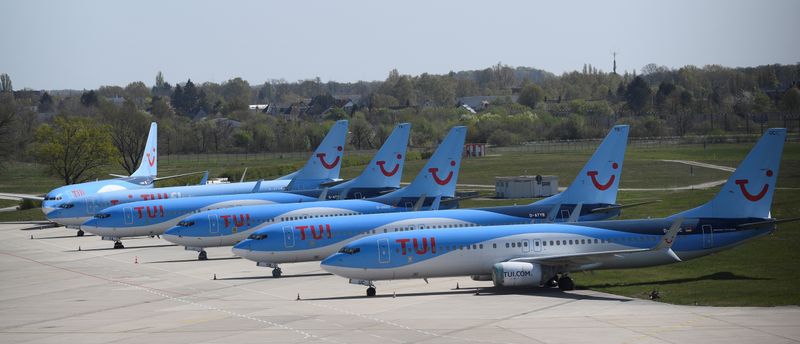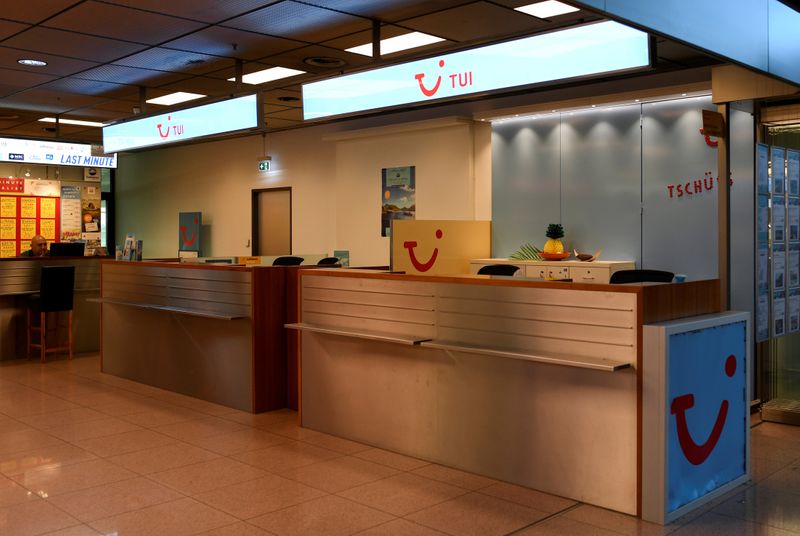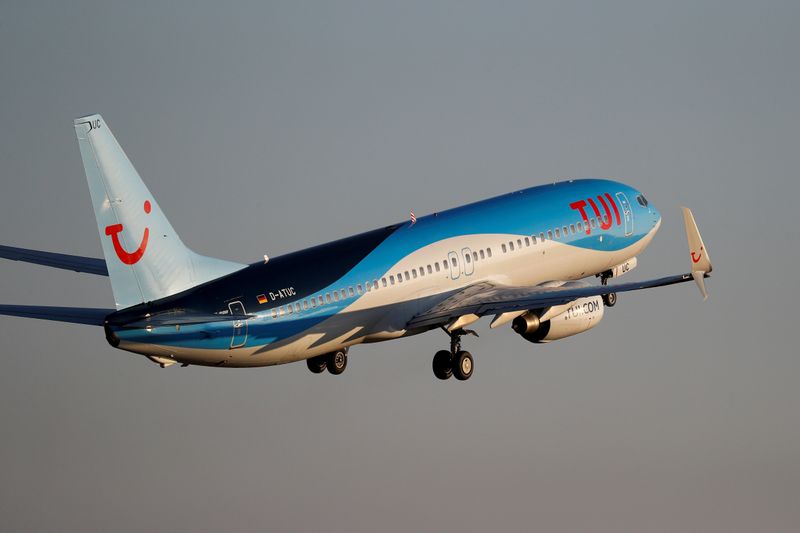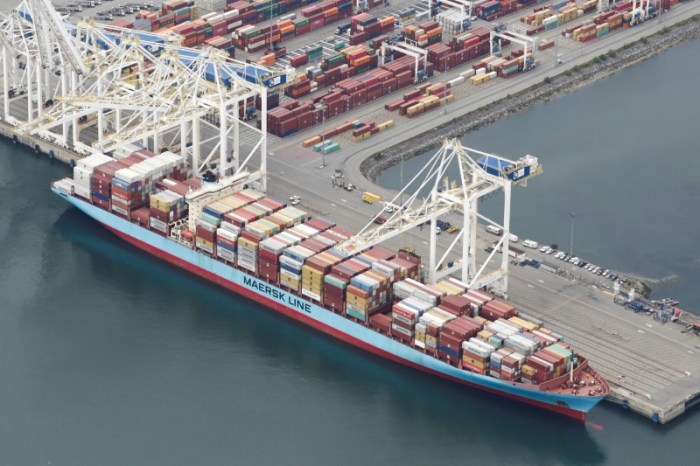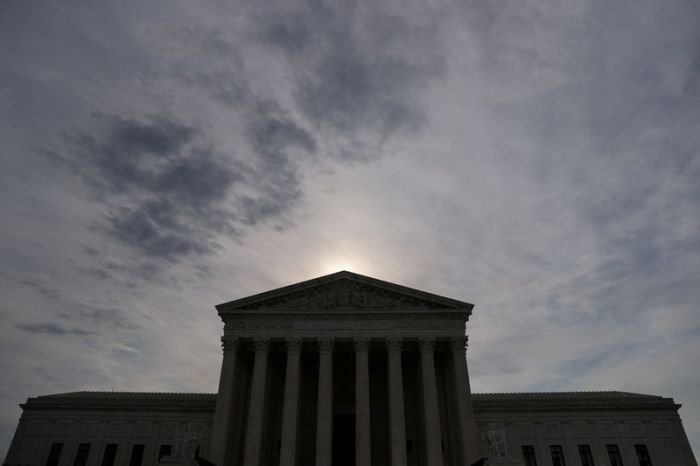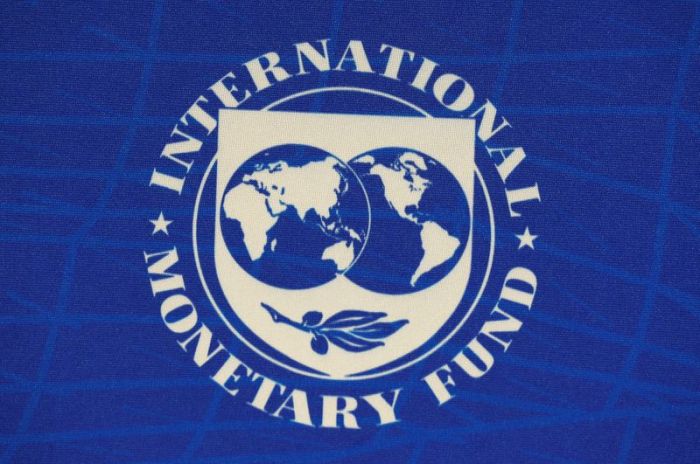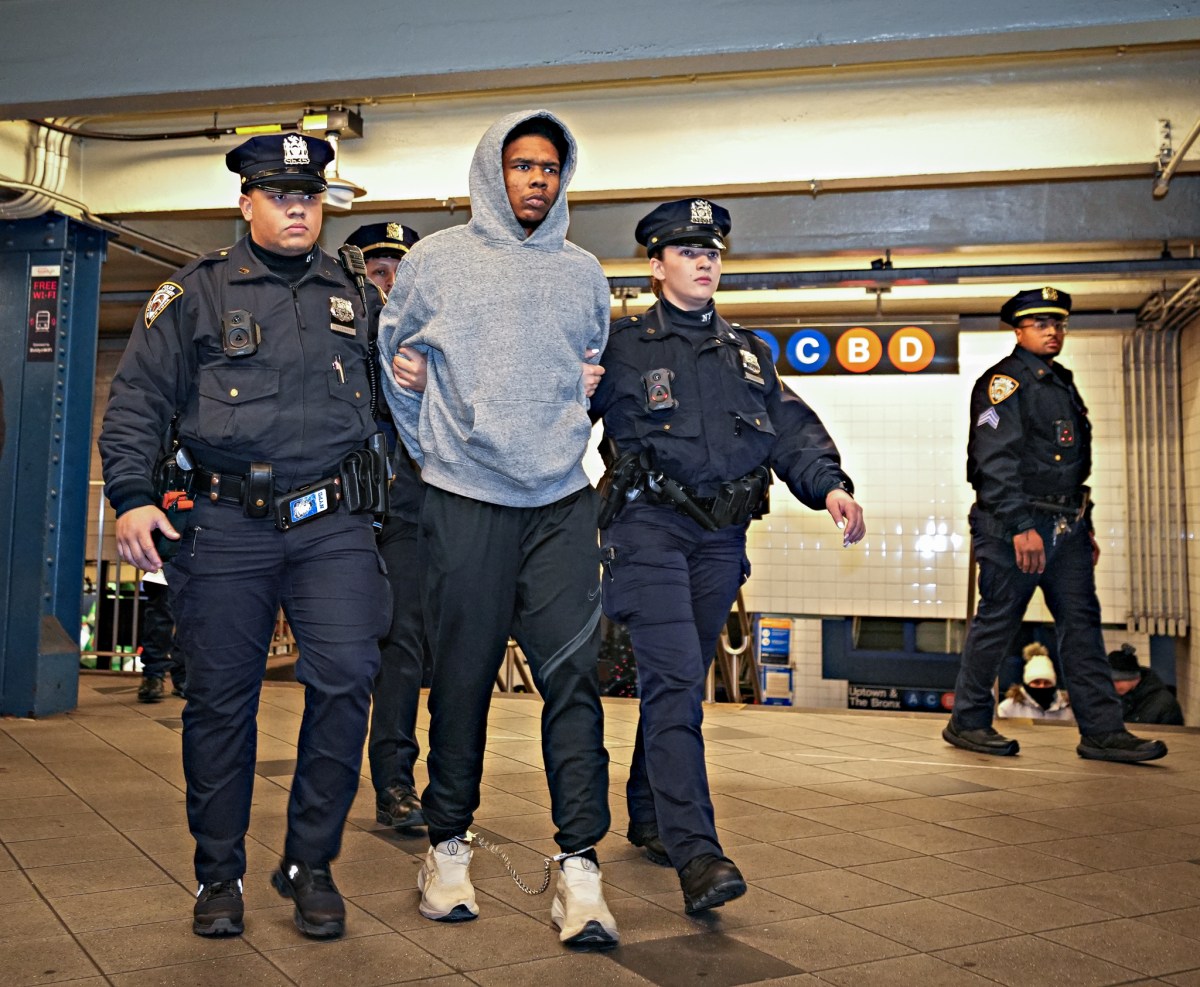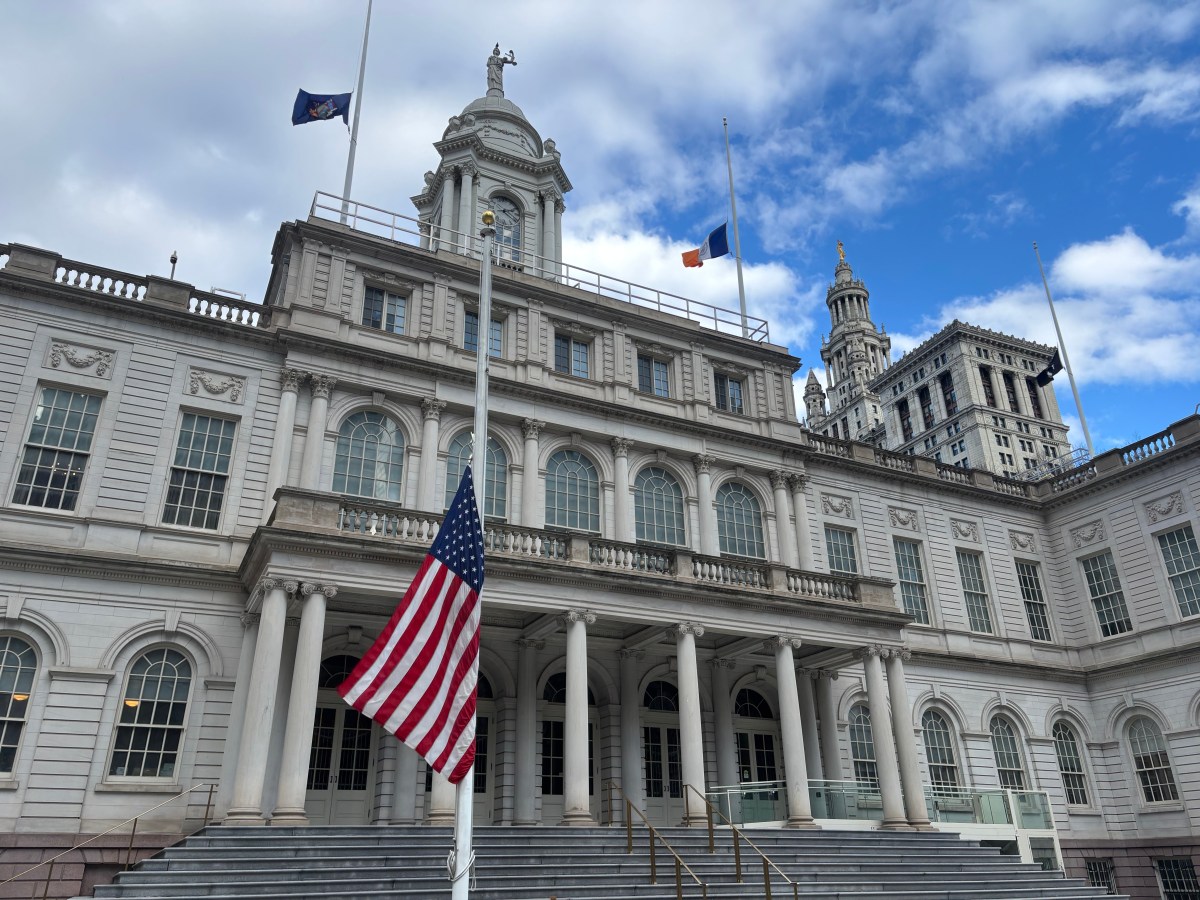LONDON (Reuters) – Travel group TUI <TUIGn.DE> will cut 8,000 jobs and look to shed 30% of its costs as it gears up for a July restart to European tourism, the German company said on Wednesday.
Holiday plans have been put on hold in the face of travel restrictions aimed at halting the spread of the coronavirus, with British government ministers warning that summer trips to overseas tourist destinations are unlikely to happen this year.
However, the world’s biggest tourism group on Wednesday said that it had adopted new safety measures and that holidays would be possible.
“We believe that, (by the) latest, in July we will be open to resume,” TUI Chief Executive Fritz Joussen told reporters, chiming with comments from the bosses of airlines Ryanair <RYA.I> and IAG <ICAG.L> in recent days.
With no revenue coming in and coronavirus-related debts to pay while having to provide customer refunds, TUI is under severe financial pressure as it burns through 250 million euros ($271 million) of cash a month despite having reduced overheads.
To cope with the downturn TUI said it would aim to cut its fixed cost base by 30%, which could result in the loss of 8,000 roles, while shedding non-profitable activities and some assets.
TUI shares were down 2.9% at 0932 GMT after reporting an underlying half-year loss that widened to 813 million euros ($882 million) from about 301 million euros in the same period last year, including a 470 million euro coronavirus-related hit in March. Its shares have slumped 70% in the past three months.
“We think that liquidity and leverage remain concerns, given uncertainty regarding the length of the shutdown and the type and magnitude of the recovery,” Barclays analysts said in a note.
TUI said that turnover would decline significantly in the current financial year, with cost savings only partly compensating for the virus-induced slump.
RECOVERY HOPES
Forced to cancel holidays from mid-March, TUI was granted a 1.8 billion euro German state-backed bridging loan at the end of March, which it says must be paid back by mid-2022.
However, CEO Joussen said he is confident of a recovery, forecasting that tourism would be back at 2019 levels by 2021. He said demand for holidays would be strong once borders reopen and that there has been intense activity on the TUI website.
“Customers want to go on their holidays,” he said. “Politicians more and more take the view, particularly in Europe, that free movement is appropriate and adequate when it is safe.”
Asked about the 14-day quarantine rules that the likes of Britain and Spain have said they will implement, Joussen said they would be short-lived and it would not make sense for governments to implement them for the long term.
Customers who do manage to get away on holiday will find their trips quite different from in the past, TUI said. New safety measures include temperature checks at airports, staff in face masks and fewer tables in hotel restaurants.
Joussen said there would also be fewer staff at TUI’s holiday destinations, in line with the proposed job cuts. Of the 8,000 roles that could go, some could be future recruitments that don’t go ahead. Staff levels at TUI fluctuate from 70,000 in the summer holiday season to 60,000 in quieter months.
He said that, while he believed TUI needed to continue to have its own airline business, the shape of those operations could be different in future and the company would consider whether it should own or lease aircraft.
“Selling all the airlines I think is maybe not realistic,” Joussen said. “Three years ago we had six airlines, now we have three airlines. Is it right to have three? These are the questions we need to put forward.”
(Reporting by Sarah Young; Additional reporting by Ilona Wissenbach; Editing by Christopher Cushing and David Goodman)

